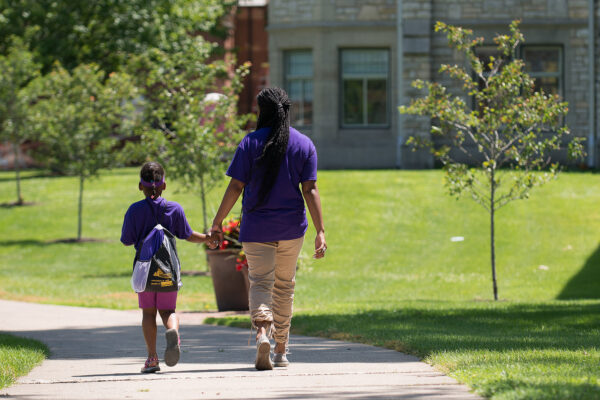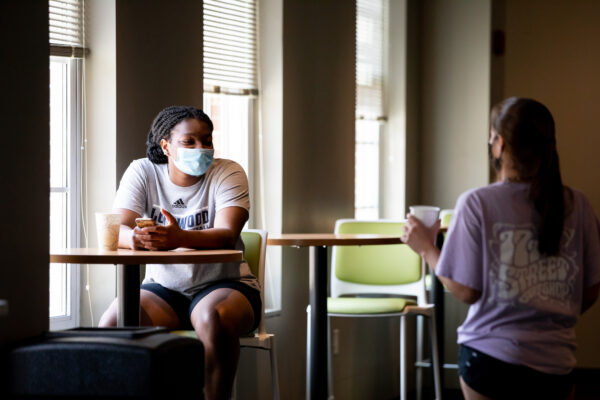Mental Health and Stop, Drop, and Enrollment Changes in Higher Education
Title: Stressed Out and Stopping Out: The Mental Health Crisis in Higher Education
Source: Lumina Foundation-Gallup
Lumina Foundation and Gallup have released a new report that provides insight into the mental health environment in higher education today.
The report draws on data collected in the fall of 2022 for the Lumina Foundation-Gallup State of Higher Education 2023 study. This year’s survey includes “personal mental health” as a new reason students can choose to explain why they stopped their coursework. The results point to emotional stress being a major factor affecting students’ decisions to continue their education.
Key findings from the survey include:
- Over 4 in 10 (41 percent) postsecondary students have thought about dropping out in the last six months.
- Emotional stress is a significant reason for dropping out, with 55 percent of those considering dropping out citing it as a factor. There is a higher percentage of female students who report frequent emotional stress (47 percent) compared to male students (30 percent).
- Financially struggling students (49 percent) report more frequent emotional stress compared to students from more secure backgrounds (38 percent).
- Non-Hispanic white students (44 percent) report the highest frequency of emotional stress, followed by Hispanic (38 percent), Black (31 percent), and Asian (30 percent) students. The report notes that stigmatization and differences in defining mental health challenges across racial and ethnic groups could “disproportionately influence the willingness of students from some racial/ethnic groups to be open about mental health struggles.”
- Younger students (18-24 years old) report more frequent emotional stress (43 percent) than older students (29 percent).
- Among those who have not enrolled in postsecondary education, emotional stress is a major reason for women (71 percent) and young adults aged 18 to 24 (77 percent).
To explore findings and methodological information about the report, click here.
—Alexandria M. Falzarano
If you have any questions or comments about this blog post, please contact us.


